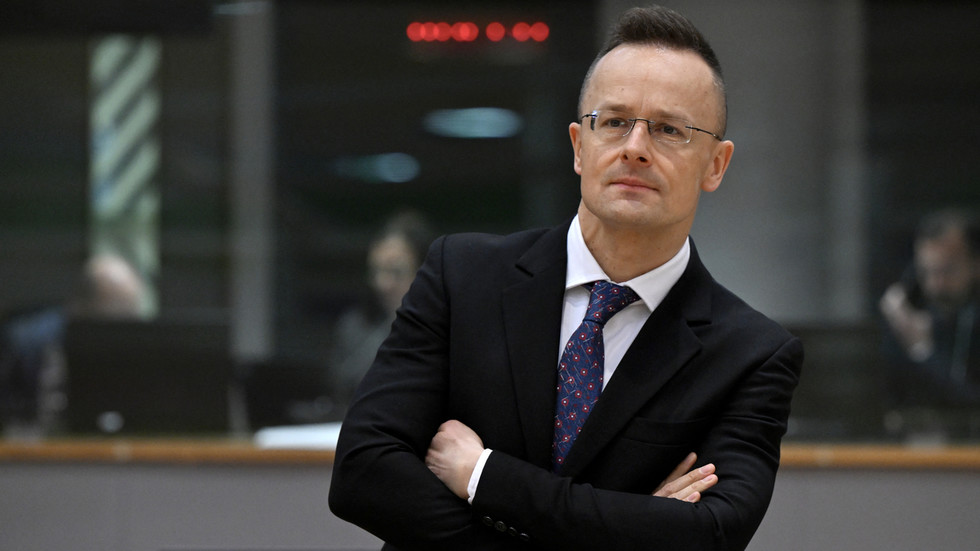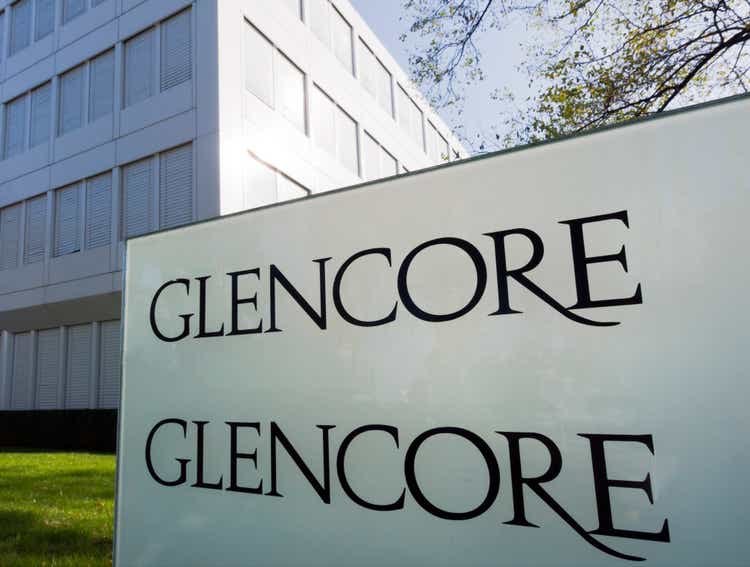The post-pandemic situation marked by higher inflation and recessionary trends weigh in on the act of giving, according to Naghma Mulla, CEO, EdelGive, and Anas Rahman Junaid, MD and Chief Researcher, Hurun India. Ultra-high-net-worth individuals typically contribute to the philanthropy pie in the range of 0.1-0.5 per cent.
EdelGive-Hurun India List
Speaking to businessline on the occasion of unveiling the EdelGive Hurun India Philanthropy List 2022 on Friday, they were of the view that the growth in CSR has outstripped the growth in economy due to inflation.
But this mandate of two per cent definitely helps to ensure that companies honour their responsibilities.
Anas Rahman Junaid, MD and Chief Researcher, Hurun India
“Due to the optimistic outlook for the economy, it is anticipated that the corporate social responsibility (CSR) category will rise both in absolute and percentage terms,” Junaid said. Large corporations as well as foundations are mostly looking to move to impact-based giving.
Impact-based giving
Mulla said as part of EdelGive’s ‘Grow’ proposition, it had suggested developing a portfolio of 100 NGOs spread out over the entire country.
“We then presented this to a variety of funders to gauge their interest into what we refer to as a philanthropic infrastructure. And they responded in a huge way. Right from Amit Chandra to Rohini Nilekani listed on the EdelGive-Hurun List. MacArthur, Oak, and Bill and Melinda Gates foundations joined from overseas. There was a collective coming together that could lead to impact-based giving in future. While it’s still early, we are quite excited. We hope this inspires contributors to see impact-based giving in a way not witnesses before.”
Issues, rather than locations
On whether donors are looking at issues rather than locations before committing funds, Junaid said they are more interested in how donations are being used than on where they are being spent.
According to Mulla, 10 States, including Maharashtra, Karnataka, Gujarat, Uttar Pradesh, Kerala, Himachal Pradesh, receive a sizable portion of the giving.
“The ‘Grow’ plan is an effort to look at regions that are truly quite remote and make sure the act of generosity reaches there. The middle class has stepped in big whenever a crisis has arisen.”
Related Stories
Quality doesn’t match scale achieved in education sector, says SD Shibulal
But to surmise everything is wrong with system is not correct, says IT honcho-turned-philanthropist
Need for collaboration
Aren’t issues facing the world are too big and complex for a few people to address? There is 100 per cent need for collaboration, said Junaid. Some funders may choose to go solo. Some investors too might decide to work alone while others might want to work together.
Mulla said in 2015, EdelGive established the first collective focused on education.
Five funders joined forces with the Maharashtra government. Three NGOs pitched in, too. But many people volunteered not only monetarily but also with skills and intelligence.
“Within a year, we were able to expand that project from reaching out to 25,000 students to more than a million kids.”
Diversification of interests
Shouldn’t donors diversify interests to pressing issues such as climate change, natural disasters or biodiversity? “Yes. Donations are primarily going toward disaster relief, healthcare, and education, which suggests that many other important issues are totally overlooked,” said Junaid.
“Therefore, it is clear that there needs to be a little more reasonability and consideration when we give. For the first time, we see that the environment and sustainability are getting some funds (₹193 crore), although insignificant in light of how serious the challenge is.”
Goverment can pitch in
Can the Government promote philanthropy by allowing donors to save more so they can invest more to give even more? “Yes,” Mulla said.
“The requirement that select businesses set aside two per cent of their income for charitable purposes is a crucial step. And we observe that CSR is enmeshed with people’s desire to donate to their favourite organisations. A board discussion on the types of issues we want our CSR to address is a great idea. One of the philanthropists on our List noted that while two per cent is a wonderful benchmark, most contribute more than eight per cent. Some of them are actually going above and beyond.”
According to Junaid, there is active discussion about how to fund education, what to do about sustainability, and how to provide healthcare.
















